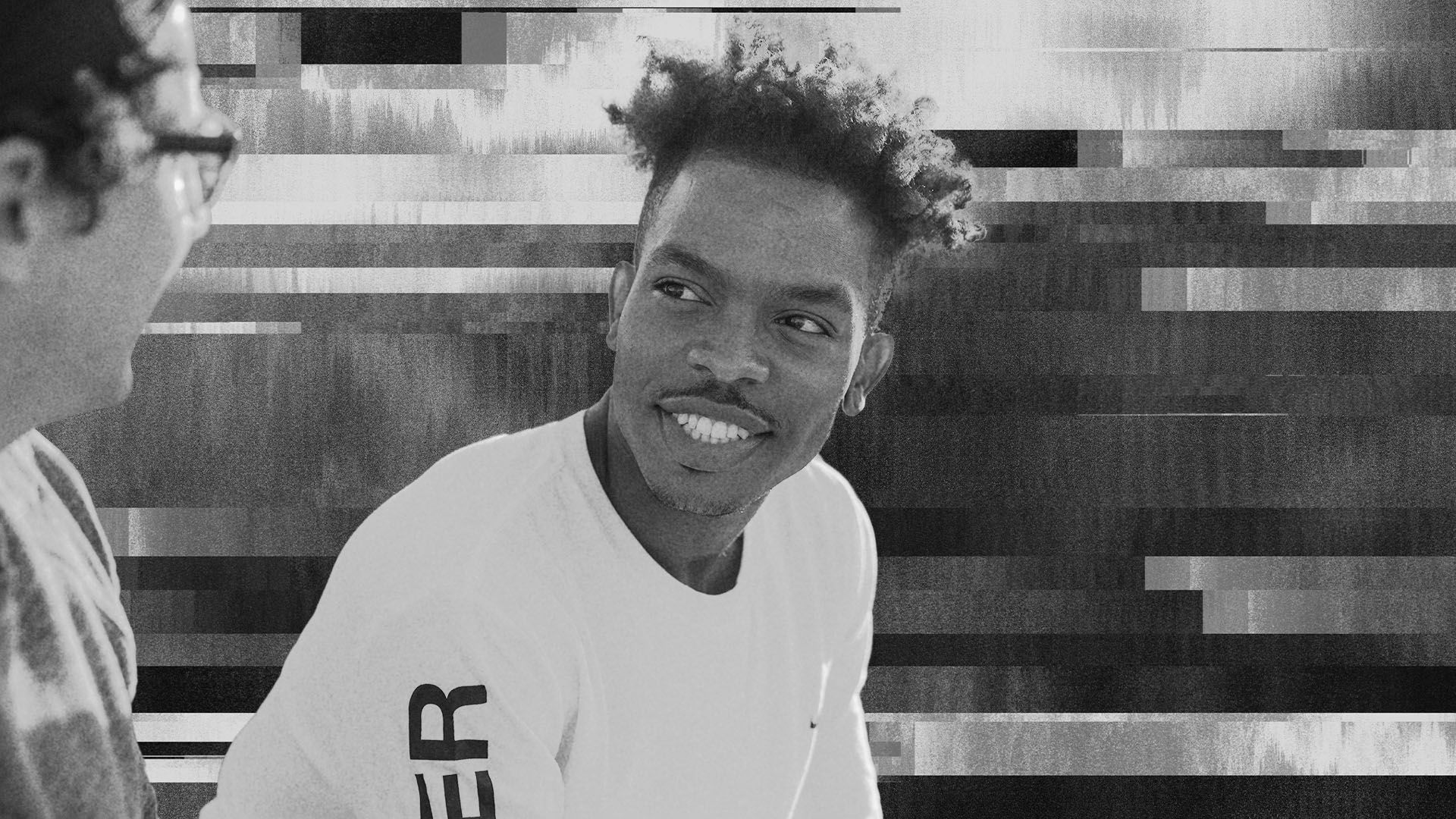

How NOT to have a half-arsed conversation about mental health
Are you concerned that something’s up with a guy you know? Think he’s not being his usual self? Is something not right? Then reach out to him.
It might sound too good to be true, but when it comes to mental health, talking it out is one of the best things anyone can do. It’s always better out than in. But sometimes we need a hand finding a way into having this chat, whether it’s what words to use, or finding the ‘right’ time and place.
These conversations aren’t always easy, but they’re often a game changer. Moving past any excuses, awkwardness or discomfort that “we just don’t talk about this stuff” and understanding that this “stuff” is what life is all about, is the fastest way to making sure you’re on track to support him.
Whatever the reason (and don’t assume you know what it is), here’s how to reach out to a guy if you’re worried about him.
Don’t half-arse mental health conversations
Before you charge in with the best intentions, there are some things to keep in mind. Talking to someone about their mental health needs to be done properly.
At the risk of stating the obvious, you want to try and find the right time and place. That means not cornering them at work drinks or a party, but rather, finding a relaxed and neutral environment where you typically hang out and have plenty of time to talk it over. Remember, mental health conversations don’t always need to be backroom, hidden and heavy conversations either. The more normal, the better.
It also goes without saying that you need to have the time and energy to see it through (seriously, put your phone away). And are you mentally prepared for whatever may come?
For instance, would you know what to do if he ‘shuts down’ or insists he’s OK (even if you sense that’s very much not the case)? What if he tells you straight out that he’s not doing well? Or reacts defensively?
When it comes to tough conversations about mental health, Movember recommends using a process called ALEC. It’s something that our friends at R U OK? developed, and it stands for:
- Ask
- Listen
- Encourage
- Check in
How to have mental health conversations
Or in other words: how to be there for someone. We’ve used the ALEC model to create our very own tool to give you the know-how and confidence to approach a difficult conversation. It’s called Movember Conversations and it has loads of tips, whether it’s finding the best way to talk to a grieving man, supporting a guy who is struggling financially or is unemployed, or advice on how to talk about depression (and heaps more mental health resources). Here’s how it works.
ASK. You can’t start a conversation without asking. Follow ALEC’s guidelines for ways to start different kinds of difficult conversations. Ask him how he’s going, or mention that he hasn’t seemed like himself lately.
LISTEN. Arguably the most important part. It means you should be prepared to see the conversation through, no matter where it goes. He might open up or he might not. He may get upset, start to close up, or get defensive. Whatever happens, you’re not there to solve his problems – you’re there to listen and support, for however long it takes to see it through. That could be 10 minutes or an hour.
ENCOURAGE. Specifically, encourage action. With good listening comes sincere encouragement. That could take the form of simple questions like “are you getting enough sleep?” or “what’s helped in the past?” It could also be encouraging action towards help-seeking such as “have you spoken to anyone about this”. Remember, though, you’re not here to tell him what to do or how to fix his problems. As a good listener, you’re making it clear that you hear him. Relevant, encouraging questions do exactly that.
CHECK IN. And when you’ve talked? Checking in means don’t leave him hanging. It doesn’t have to be another intense or prolonged conversation. It can be as simple as a text or social post. It can be a social catch-up or a quick lunch. What’s important is that he knows you’ve got his back.
Test drive your conversation skills
Ready to put your knowledge to the test? Use our online tool Movember Conversations . It'll guide you through typical scenarios, allowing you to practise questions and responses that help to open up a conversation and keep it flowing meaningfully. Start a practise conversation.